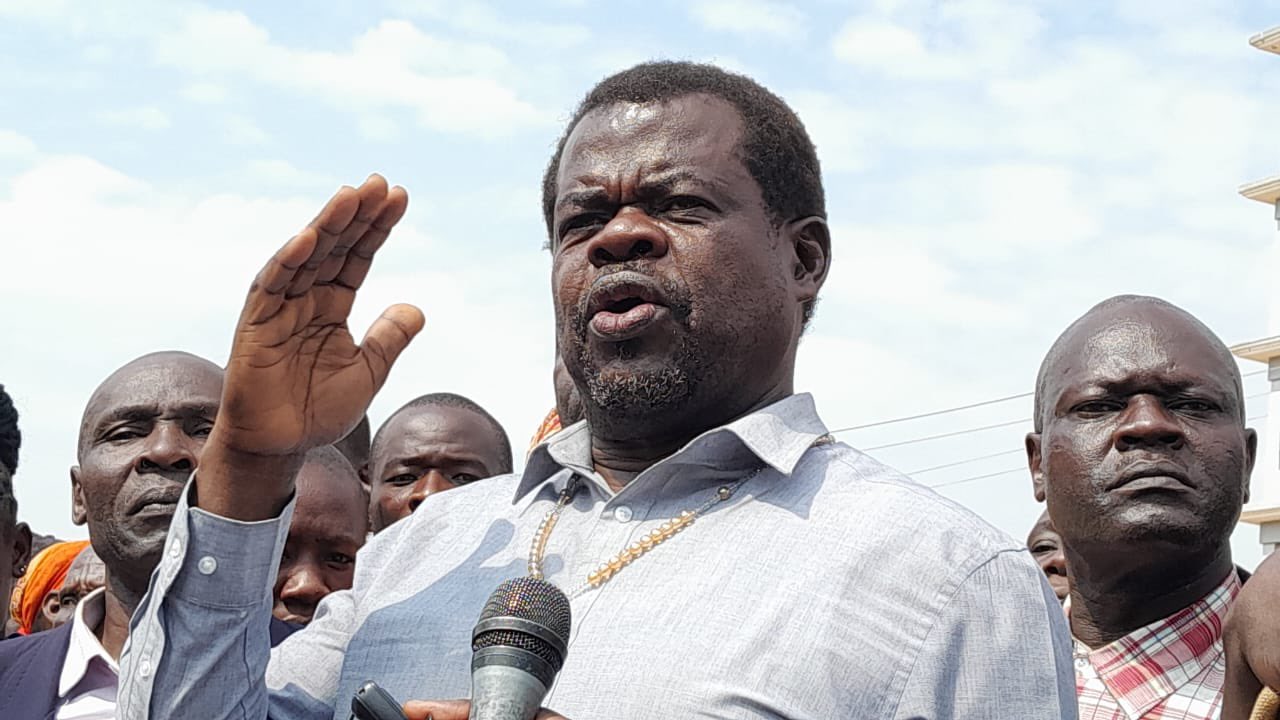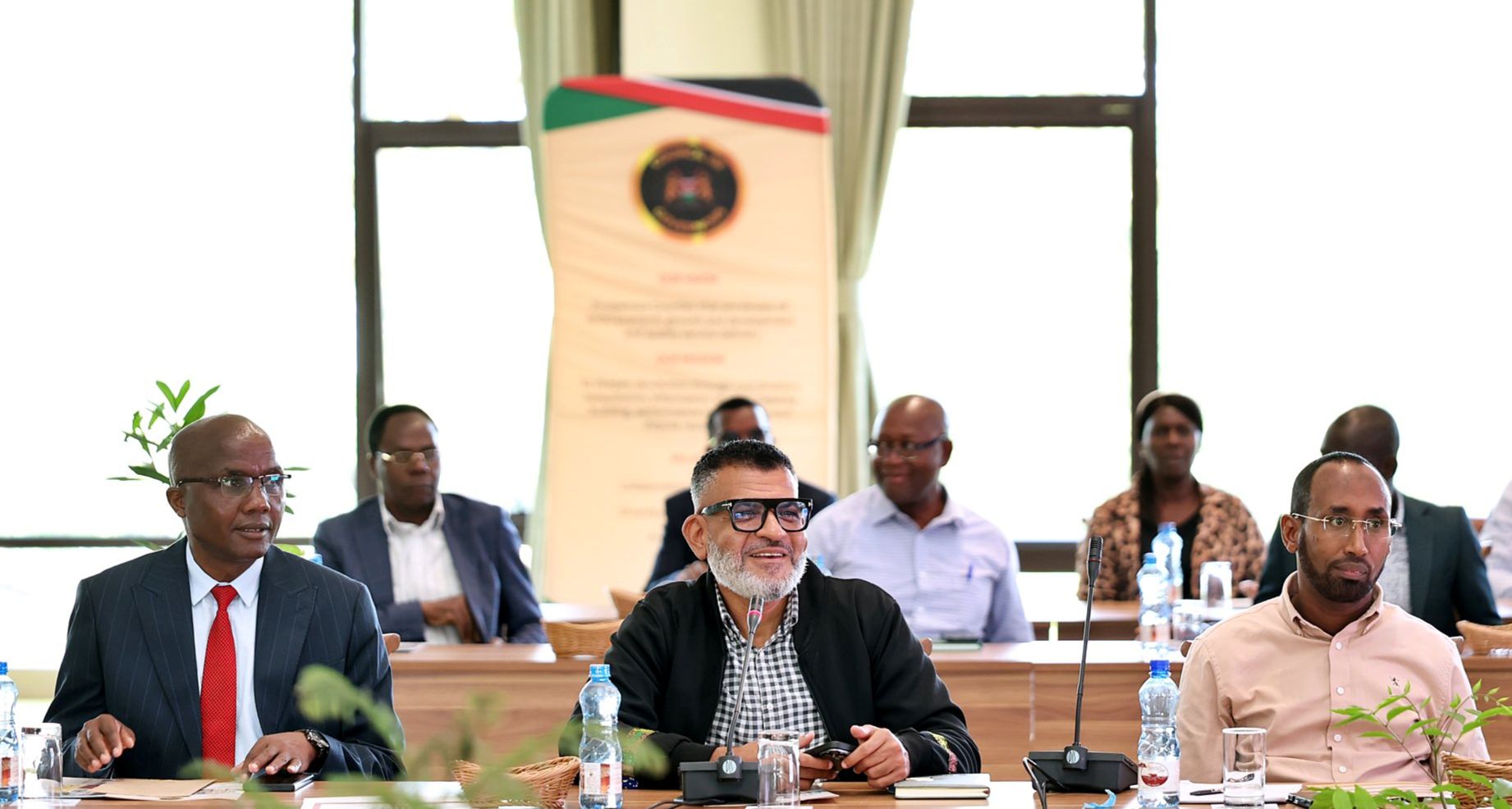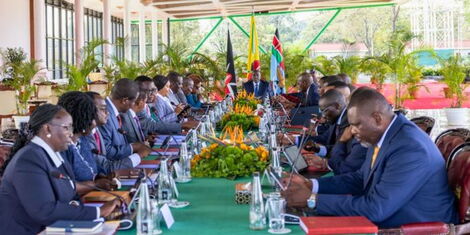
Busia Senator Okiya Omtatah has ignited a major political controversy by calling for the abolition of the Bomas of Kenya as the national vote tallying centre. In a statement over the weekend, he argued that the facility’s role in election counting violates constitutional principles and opens the door to manipulation.
Omtatah insists that tallying should happen at the constituency level, not at a centralized national facility, arguing that this would increase transparency and prevent possible interference. He compared Kenya’s system unfavorably with that of the United States, where results are examined locally before being formally announced.
He also criticized the Independent Electoral and Boundaries Commission (IEBC) for what he calls an outdated approach that concentrates power in one physical location. For Omtatah, the Bomas system is “an unnecessary bottleneck” that undermines accountability.
Adding more weight to the debate, civil rights lawyer Willis Otieno has thrown his support behind Omtatah’s push. Otieno has publicly called for the national tallying centre to be scrapped entirely, saying that the 2027 elections must be conducted in a way that minimizes centralized control.
Political observers say the move could intensify pressure on IEBC to reform its tallying procedures. With rising calls from leaders like Omtatah and Otieno, the conversation around Kenya’s election architecture is heating up — and many now see the Bomas centre as a flashpoint for broader electoral reform.
This demand comes as debates continue over how best to secure free and fair elections ahead of 2027. If these calls grow louder, Omtatah’s push could reshape how Kenya counts and declares its presidential results.






